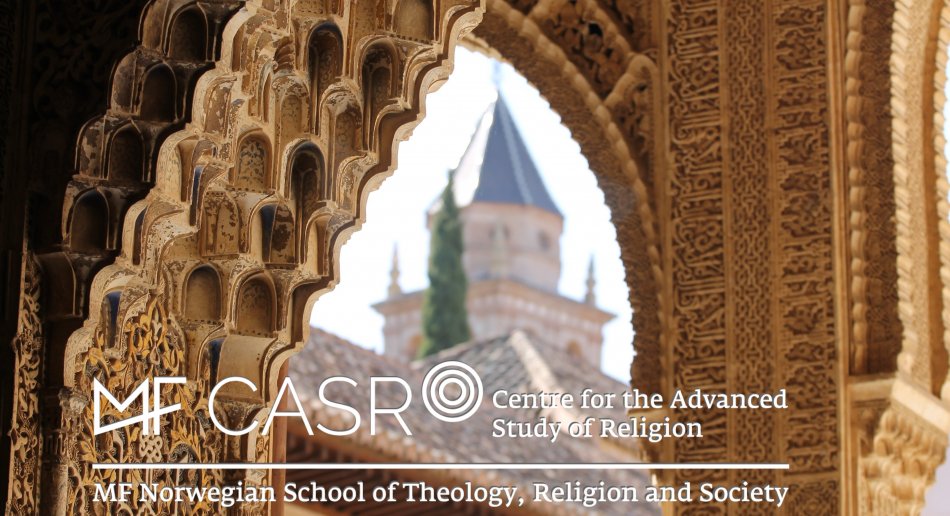The last decades have witnessed a rise in anti-Muslim and anti-Islamic sentiments and practices across the world. This is sometimes expressed in traditional media and in social media and it sometimes takes the shape of discrimination and surveillance by authorities. Concerns over Islam and Muslim practices (like female veiling, halal slaughter, and public religiosity) have become a prominent feature of public debate in Europe and North America. Importantly, however, Islamophobia is not confined to the ‘West’. On the contrary, anti-Muslim sentiments are high in other parts of the world as well, for instance in Hindu and Buddhist societies in Asia. In existing research, the global and transnational aspects of Islamophobia have received too little scholarly attention, and are mostly treated as parallel, local phenomena. However, Islamophobia travels across borders and between contexts in various ways.
The research project INTERSECT was started in September 2019 in order to gain new knowledge about global and transnational dimensions of Islamophobia. The conference 21 and 22 June 2023 marks the end of this large project. The aim is to take stock of current research about global and transnational perspectives dimensions of Islamophobia and point the way forward for new research. We therefore invite abstracts from researchers across the world working on these issues in various academic disciplines.
Deadlines and important dates:
Abstracts must be received by 1 March 2023. Send abstracts to Professor Torkel Brekke. Authors whose abstracts are accepted will be asked to provide a full paper by 1 May 2023. Participants are expected to address issues like the following:
- In what ways is Islamophobia a global phenomenon?
- What are the relevant historical legacies of anti-Muslim bigotry globally, including the pre-modern world?
- To what extent and in what ways does Islamophobia travel across regional and national contexts?
- What means and technologies enable the global and transnational flows of Islamophobia?
- What are currently the most important theories and methods in the study of Islamophobia?
- Is Islamophobia an academic field of its own? Should it be? Or is Islamophobia best studied within traditional academic discipline
This conference is organised by the INTERSECT project, in cooperation with Norwegian School of Theology, Religion and Society and Centre for Research on Extremism, University of Oslo


